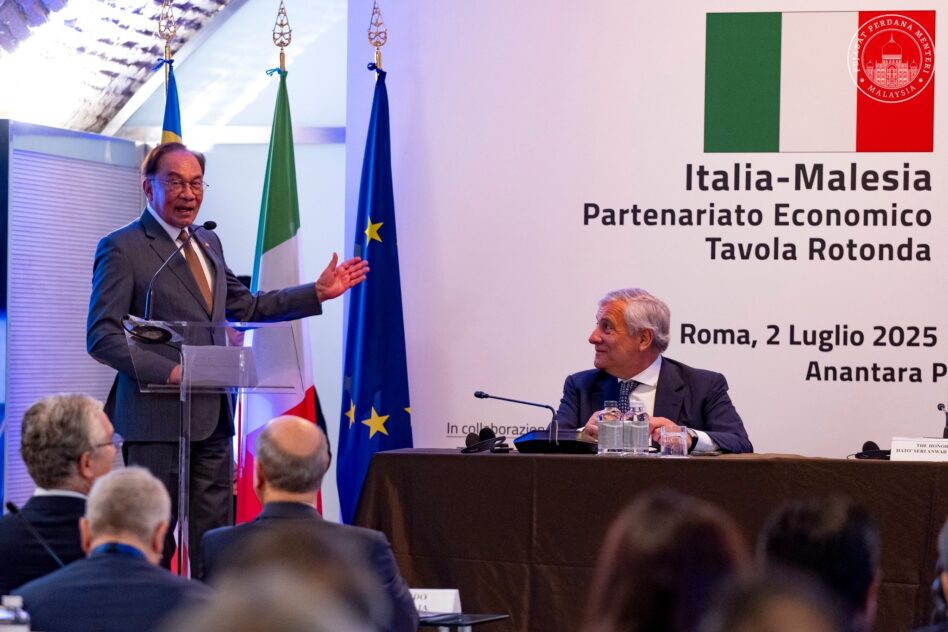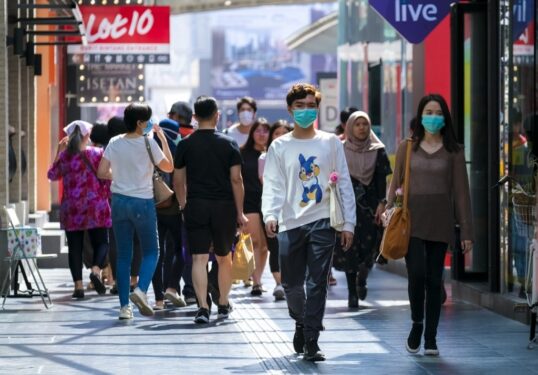By Ranjit Singh
PLANTATION companies had witnessed great volatility in crude palm oil (CPO) prices in 2019 which resulted in their earnings being flattish for the year. CPO prices gyrated between RM1,900 and RM2,900 per tonne throughout the year.
Most of the plantation counters on Bursa Malaysia saw lower net profits except for Genting Plantations Bhd which saw its net profit rising to RM61.7 mil in the fourth quarter ended Dec 31, 2019 from RM14.3 mil a year ago on the back of higher revenue of RM643.6 mil versus RM482.3 mil. However, on a full year basis, it posted a lower net profit of RM142 mil from RM164.9 mil on the back of higher revenue of RM2.3 bil versus RM1.9 bil.
Sime Darby Plantation Bhd (SDP), the world’s largest plantation company, saw its earnings for 2019 being affected by impairment due to it exiting its Liberian operations.
It reported a net profit of RM122 mil from its continuing operations compared to RM729 mil in 2018. For the fourth quarter just ended, SDP’s continuing operations reported a net loss of RM45 mil against a net profit of RM172 mil a year ago.
The company said the decline in profit was largely due to lower fresh fruit bunch (FFB) production and lower contribution from Sime Darby Oils (Downstream) operations. However, this was partially cushioned by higher CPO prices realised, lower finance costs and lower tax expense in 4QFY19.
There was no comparative for the quarter and year ended Dec 31, 2019 due to the change in the financial year end from June 30 to Dec 31.
IOI Corp Bhd posted a net profit of RM362 mil for its six months ended Dec 31, 2019 (1H20) results compared to RM339 mil a year ago while revenue was flattish at RM3.73 bil versus RM3.75 bil. The marginal increase in net profit was due to better CPO prices during the period.
Kuala Lumpur Kepong Bhd saw its net profit declined to RM167.2 mil for its first quarter ended Dec 31, 2019 compared to RM250.9 mil a year ago while revenue was marginally lower at RM4.07 bil compared with RM4.08 bil. The company’s performance was dragged down by lower CPO prices during the period.
Genting Plantations’ revenue improved across all segments for the quarter ended Dec 31 Dec, 2019, on the back of an increase in prices of CPO and sales volume of biodiesel and refinery products along with higher contribution from property sales. The group recorded higher year-on-year revenue for the full year of 2019 on account of the higher sales volume attained by the downstream manufacturing.
FFB production for 4Q19 was lower year-on-year as the decline in output from its Malaysian estates arising from dry weather conditions in 1H19 exceeded the production growth from Indonesia.
However, FFB production for FY19 grew year-on-year contributed by its Indonesia operations on the back of increased harvesting area and better age profile. CPO prices rallied sharply in 4Q19, driven by the decline in inventory levels from the tightening of supply and anticipated increase in demand upon implementation of the higher biodiesel mandates in Indonesia and Malaysia.
The group achieved a higher year-on-year CPO price of RM2,278/mt in 4Q19. However, the late rally was not sufficient to offset the weaker year-on-year CPO prices for the first nine months of 2019 resulting in the group posting a marginally lower year-on year CPO price of RM2,048/mt for FY19.
FGV Holdings Bhd posted a net loss of RM242 mil for FY19, compared to a net loss of RM1.08 bil in FY18. Revenue for FY19 was RM13.26 bil, down slightly by 1.5% from RM13.46 bil in the previous year, although the average CPO price realised for FY19 declined 11% to RM2,021/mt compared to RM2,282/mt in FY18. This is due to improved full-year CPO ex-mill costs which averaged at RM1,503/mt compared to RM1,800/mt in FY18.
Plantation companies face the prospect of lower imports from China as phase 1 of the US-China trade deal will see China importing more soybeans from the US, thus reducing its requirement for CPO.
India’s restriction of Malaysia’s refined palm oil imports has reduced exports to the country. However, this is a short-term measure as Indonesian palm oil exporters cannot meet the shortfall of Malaysia exports to India as they are ramping their palm oil usage for the B30 biodiesel mandate.
The outbreak of Covid-19 has somewhat dampened the demand for CPO. The outlook for palm oil is expected to be brighter once the dust settles on the Covid-19 outbreak. – March 9, 2020








